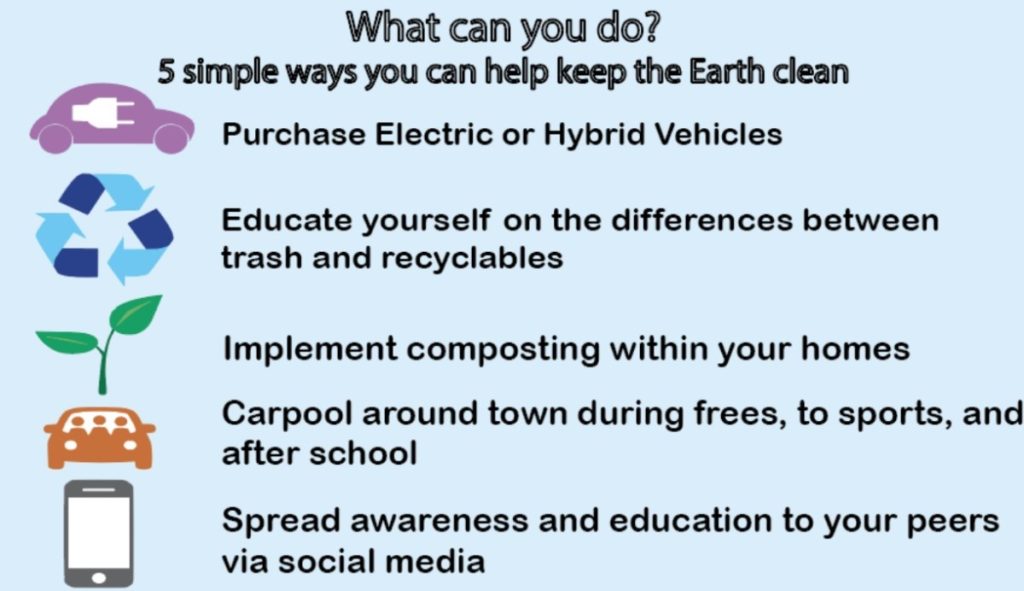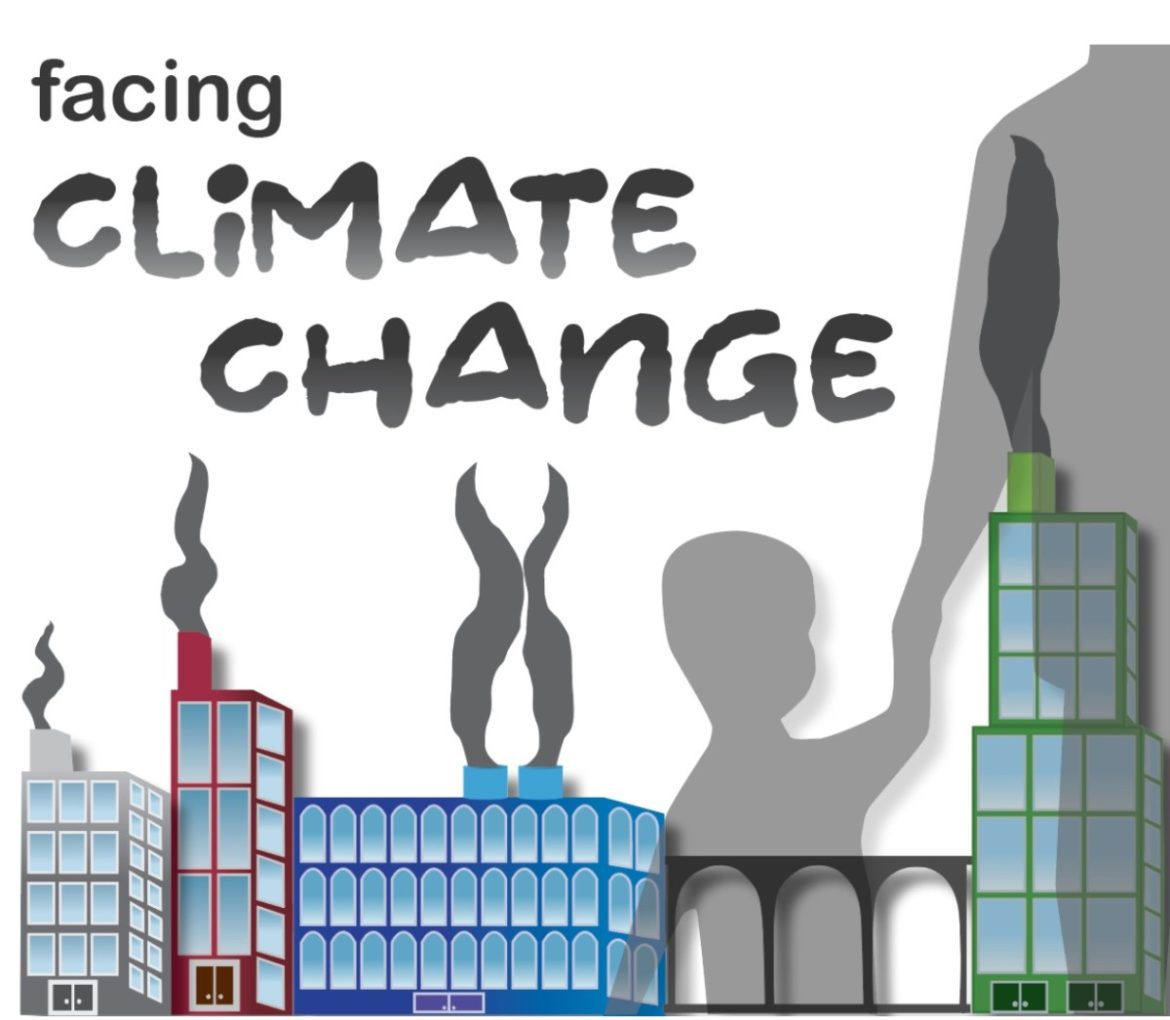Alessandra Gass, Reporter
@agasscourant
Certain expectations come with being a teenager in modern society. Whether it be parental pressure in academics or societal emphasis on the perfect appearance, a lot is desired from the youth today. Despite that, this generation has acquired yet another challenge: finding a long-term solution to climate change.
It can feel debilitating to inherit an enormous obstacle, and it can be frustrating to be expected to solve a century-old problem. It’s possible to feel burnt out or suffocated by the constant news of destructive wildfires and newly-submerged cities. However, CT State Senator Will Haskell encourages youth to continue fighting. “We cannot give up, as individuals or as a state, because the future of humanity depends on us righting the ship,” he said, “The choices we make today, in our homes, in our schools, and in our state capitols, can meaningfully help preserve clean air and clean water for future generations.”
The fight must continue. Through environmentally conscious actions and the spread of education, our carbon impact will inevitably lower.
One of the most obvious solutions to precluding a worsening climate is recycling. “Not everybody recycles, and people throw a lot of garbage into the recycling cans,” chemistry and geophysical science teacher Clare McLellan said, advisor to the Green League Club.”In doing this, the entire bin is contaminated, and it all ends up in the trash, even the pieces that could have been recycled.”
Gaining knowledge about the importance of adequately recycling will restrict the quantity of recyclable contents in landfills and lower harmful pollutant emissions. By ensuring that our friends and family are recycling properly, we’re taking steps towards a cleaner future.
Another simple, yet impactful action that can be taken is composting. “It reduces food waste in landfills, so therefore reduces the release of methane and CO2 into the atmosphere,” said senior Grace Flatow, the president of the Environmental Club, “Another benefit to composting within the school is to provide a reminder on the significance of sustainability. People will see the composting bins, and be reminded of the importance of eco-friendly actions.”
Without change, irreversible consequences will quickly become a reality. “In the future, the Great Barrier Reef may be gone and Venice might be underwater,” said Grace, “We should care about our earth because it’s where we live, and it’s really irresponsible to turn a blind eye to climate change.”
A great way to better the environment while furthering our education regarding the climate is our course selection throughout the year. “By taking these courses, you end up having the knowledge to know how earth’s systems work.” says Michael LeDuc, a Geophysical and AP Environmental Science teacher here at NCHS. “This could be essential to finding solutions to these problems, which is why it’s so essential to having that background info.”
It’s also important to prioritize our environmental footprint over social norms found in New Canaan. “Another issue with New Canaan is the stigma to constantly look nice and own a lot of clothes,” says Grace. “I think we should shift towards an emphasis on buying a few staple pieces rather than over consumption of harmful brands.”
People tend to buy as many clothes as they can afford, which is inevitably very damaging to the earth through factory production and unethical transportation. “You should get a couple staple pieces to make your outfits, but I feel that there’s a serious issue with overconsumption and the constant purchase of new clothing.” said Grace.
However, measures taken by individuals or small groups of people cannot correct ecologically unfriendly governmental policies. “This issue cannot be totally solved until large-scale governments and organizations find a long-term solution,” said Ms. McLellan, “Small and personal actions are great, but won’t counteract extensive corporate pollution.”

Fortunately, Senator Haskell is confident that government efforts are beginning to move in the right direction. “We’ve established a goal of reducing carbon emissions by 45% by 2030,” he said. “Transportation is responsible for 38% of carbon emissions in Connecticut. This year, we’re tackling that head on with SB 4. This legislation will make electric vehicles more affordable, invest in electric school buses, reduce traffic through modernized traffic signals and more.”
While climate change may feel overwhelming, Senator Haskell emphasized that dedication and hope must not be lost. “There is no easy fix to climate change,” he said. “No billionaire is coming to save us. The path forward involves countless hard decisions, big and small. We need student voices in this fight, because you are the stakeholders in the future. Our generation brings an important perspective to the fight for a cleaner planet, since we see climate change as more than an academic problem. It poses an existential threat to our ability to lead happy and healthy lives.”




